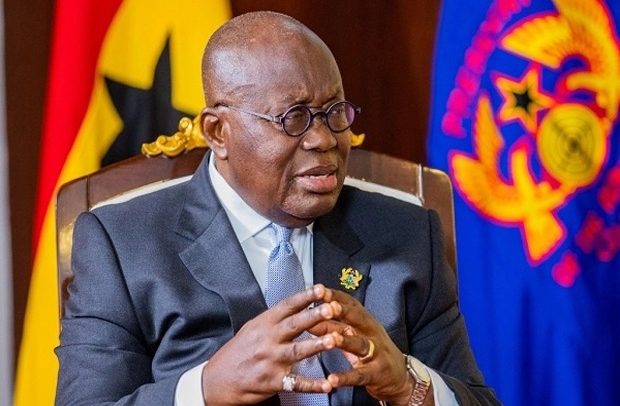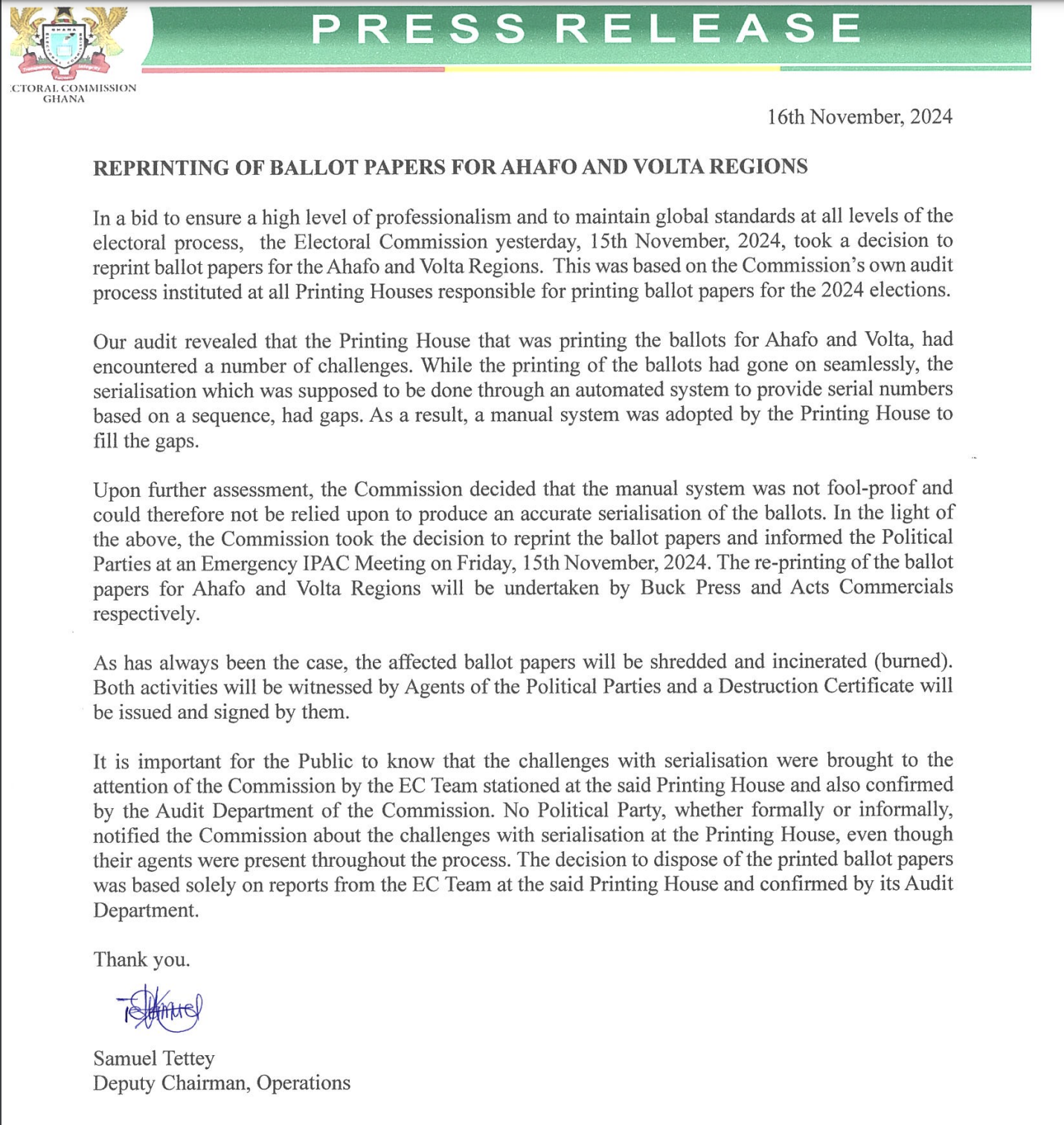
Justice William Atuguba, a former Supreme Court Justice of Ghana, shared his candid views on a recent ruling involving parliamentary jurisdiction and constitutional interpretation, which has sparked considerable debate in Ghana.
The case centered on the procedural propriety of bringing a matter directly to the Supreme Court instead of initially filing it at the High Court, per constitutional guidelines.
Justice Atuguba’s remarks on national television on last Saturday addressed a contentious Supreme Court decision involving Article 97(1)(g)(h) of the Constitution, which concerns the conditions under which a parliamentary seat may be declared vacant.
The Law Lords ruled 5-2 in favour of the plaintiff, MP Alexander Afenyo Markin, who argued that his questioning of constitutional interpretation warranted direct Supreme Court review.
However, Justice Amadu Tanko, dissenting, argued that the case should have begun at the High Court, which could then refer the matter of interpretation to the Supreme Court, if needed.
Justice Atuguba was of the view that previous legal precedents affirm the High Court’s role as the initial forum in election disputes; underscoring that only in exceptional cases should the Supreme Court intervene directly.
Citing cases from Ghana’s judicial history, such as Yeboah v. J.H. Mensah, Justice Atuguba argued that longstanding practice and judicial decisions support the High Court’s jurisdiction over parliamentary disputes.
Furthermore, Justice Atuguba expressed his concerns over what he termed “superficial reasoning” used by the majority justices to justify their stance on jurisdiction.
He emphasised that the interpretation issue did not alter the foundational principle that election disputes typically begin at the High Court level.
The former Supreme Court Justice warned that failing to respect judicial protocols and the constitution’s procedural dictates could lead to a politicised and fragmented judiciary, undermining the country’s legal framework.
In his critique, Justice Atuguba also decried what he sees as an increasing trend of political influence in judicial rulings, which he believes threatens Ghana’s constitutional stability.
“Unless this trend is arrested, constitutionalism will be undermined and we risk seeing political motivations drive decisions that should be grounded in law,” he noted, supporting similar concerns previously voiced by legal analyst Martin Amidu.
Justice Atuguba’s reflections have resonated widely, adding another layer to the complex discussions surrounding judicial independence, procedural integrity and political interference in Ghana’s judiciary.
His perspective challenges both the legal and political communities to re-evaluate the role of the judiciary in safeguarding constitutional order.
The post Vacant seat saga: Atubuga punches holes in Supreme Court ruling appeared first on The Ghanaian Chronicle.
Read Full Story










Facebook
Twitter
Pinterest
Instagram
Google+
YouTube
LinkedIn
RSS